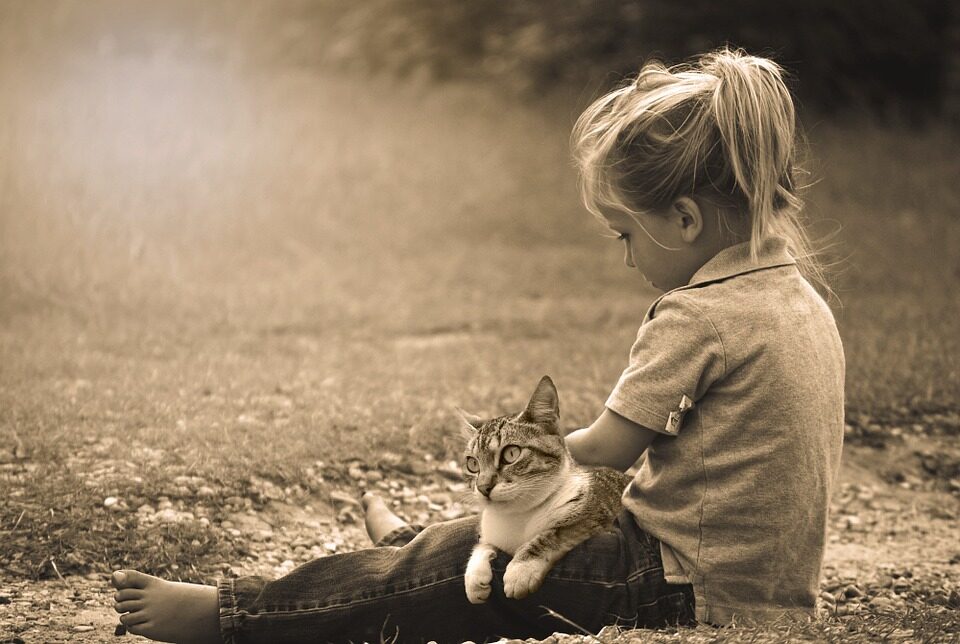Owning a pet is a great way to teach children valuable lessons about responsibility and empathy that can help to shape their characters for many years to come. Sadly, another hugely valuable lessons that pets teach is how to cope with bereavement.
With very few exceptions, most of the pets a child experiences at a young age will not survive into their adulthood. Such a loss is traumatic at any age but can be especially troubling when it represents a child’s first experience of death. If you find yourself dealing with the loss of a pet, or are contemplating having a pet put down, the following tips will help you ease your children through the pain.
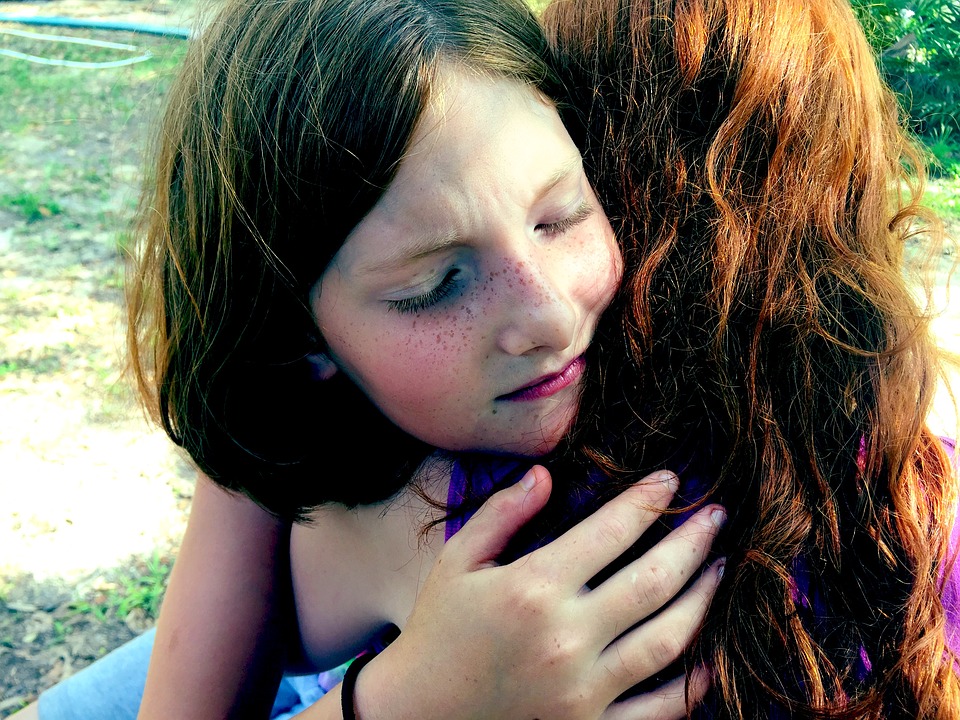
A different point of view
Understanding that children view their pets in a way that is different to the views held by their parents can make it easier to understand why their own grief may be different to your own. Although parents may see a pet as a member of the family, young children often view their pets as though they were siblings or best friends and therefore feel the loss more keenly.
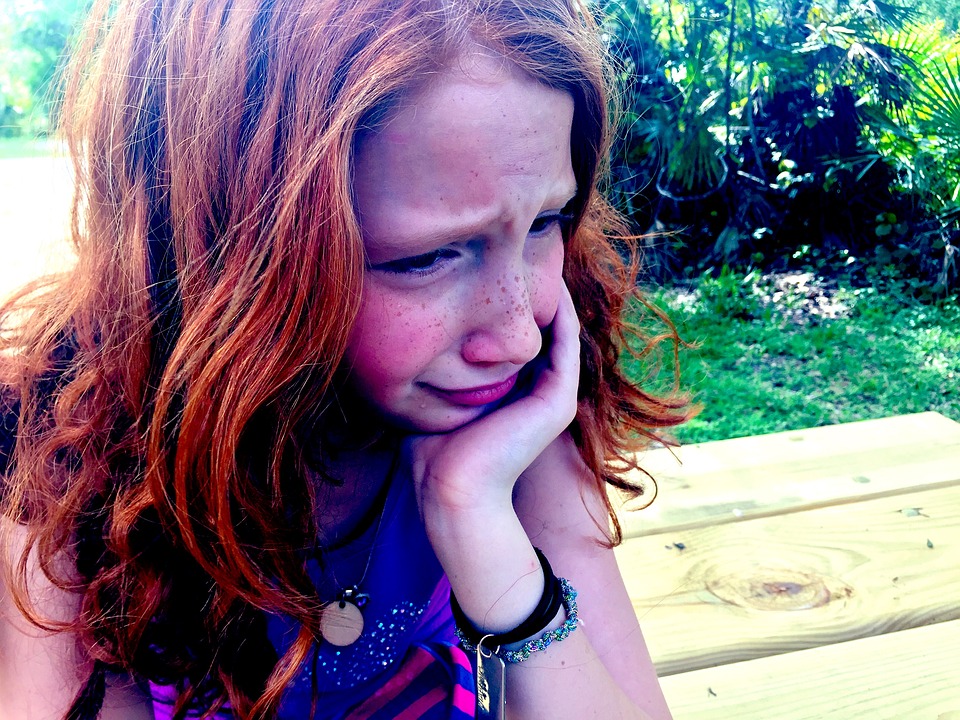
Most children have the ability to grasp the fact that animals do not live as long as people and that some animals have a significantly shorter lifespan. Ensuring this is understood from an early age can help prepare a child for what is to come and ease the difficulties associated with the eventual loss.
When Pets Become Ill
Sometimes the loss of a pet is sudden or involves the owner making an active decision to bring an end to any suffering. In other cases, a dog or cat may fall ill. In such cases, the emotional toll on all members of the family can be extremely high.
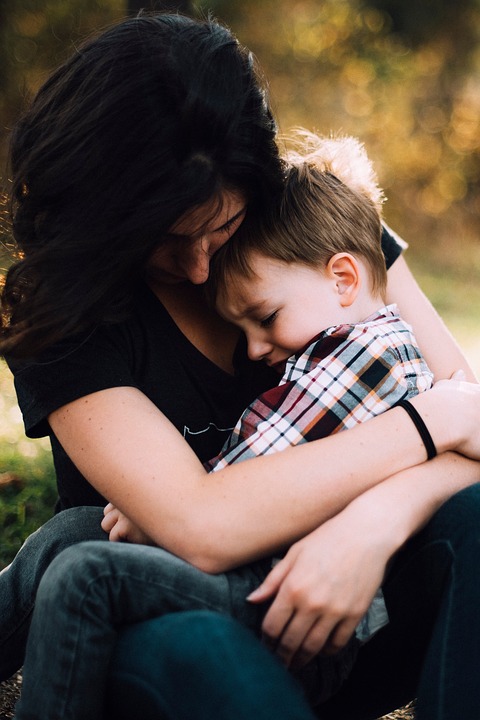
Young children, in particular, may have only a limited understanding of illness and the effects of old age and therefore struggle to understand why a pet is no longer behaving in the way they were before. Finding age-appropriate books about the loss of a pet and reading them together with your child can help to prepare them for what is to come.
Other considerations
There may also be circumstances, such as when you are pregnant or trying to get pregnant, that it simply isn’t possible for you to give a pet the necessary level of care because of the risk to your unborn child. One example of such a situation would be dealing with a cat that is suffering from toxoplasmosis.

Replacing a lost pet with a new one can also help ease a child’s grief by giving them something new focus on. However, if you are still adding to your family, this may affect your decision about when or even whether you replace a previous pet. Using a reliable baby due date calculator can help you plan ahead and establish whether it would be better to replace your pet before the new baby is born or to wait until afterwards.
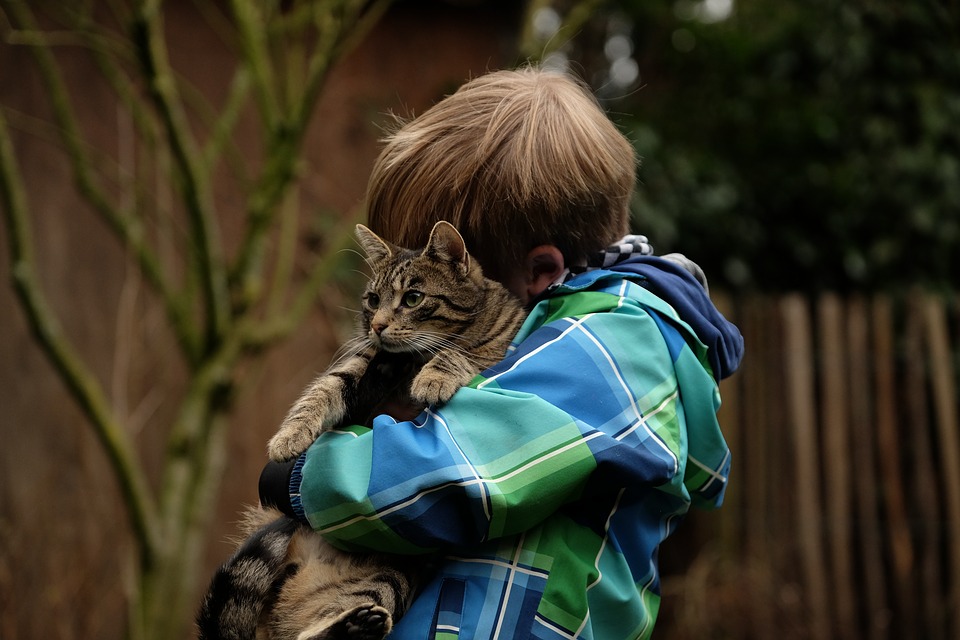
In all such circumstances, it’s a good idea to speak to your child and get them as involved as possible, depending on their level of maturity and understanding, so that any decision regarding a future pet is a joint one.
